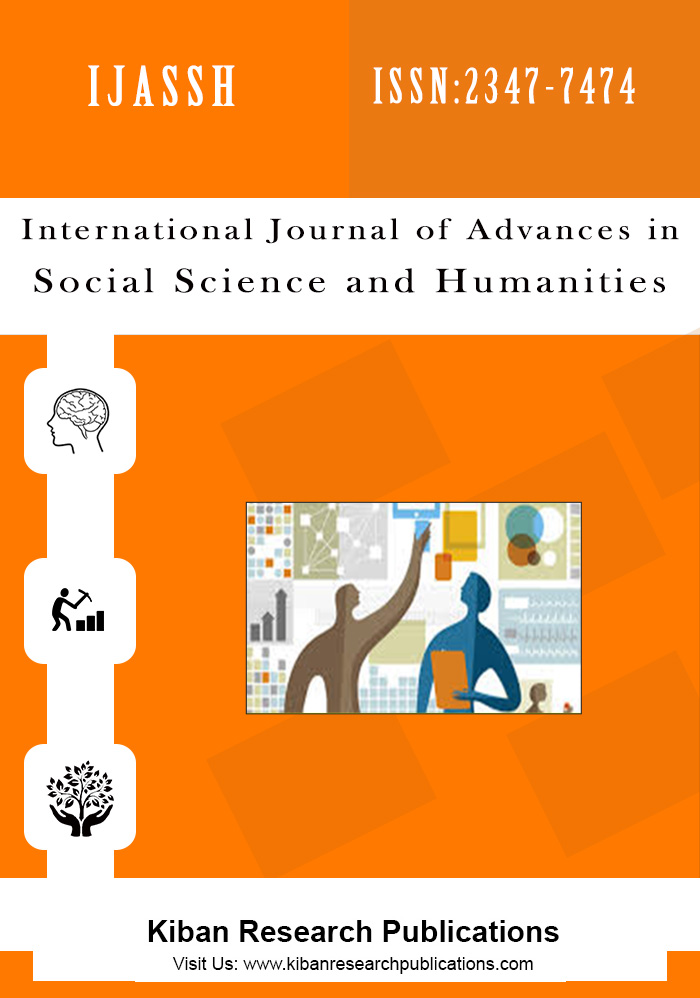Economic Advantages of Utilizing Natural Gas for Indonesian Domestic Fuels in Lieu of Fossil Liquids and Coals
Abstract
This paper explores the economic advantages of utilizing natural gas and incentives to switch in different forms such as pipe gas or CNG (Compressed Natural gas) for domestic consumptions in Indonesia to replace diesel, kerosene, gasoline and coal. The 2011 data indicates that the domestic demand on energy was circa 3 MMBOEPD (million barrels oil equivalent) with refined crude oil supplying half of the demand. More than half of 950 MBOPD crude oil was imported as Indonesian government entitlement from PSC production is circa 60% of production at under Production Sharing Contract (PSC). With 6% annual national growth rate, the demand will be 4 MMBOEPD by 2015. Indonesia has much small to medium size gas reserves scatter around major Indonesian islands that can be commercialized if the financial reward is right. Among the constraints are the economic returns that investors of which the consumers and Government of Indonesia can benefit from, the assurance of continuous supply and acceptance of long term benefit on conversion to gas in economics and environmental protection. The key success factors are energy pricing policy, incentive to use clean energy and firm enabling regulation for quick monetization and assurance on investment. Indonesia has proved and probable (2P) gas reserves of 237 TCF can be tapped for commercialization. Indonesia also has 21 billion tons of coal reserves that can be exported to earn foreign reserves. Lacking of gas infrastructure increases the complication of gas] utilizations. The investors need to get the risked economic return on their investments; they may have invested to where they get higher rewards in other countries as money has no â€borderâ€. The missing link is the competitive commercial prices, supporting infrastructures, consumers’ willingness and incentive to shift using natural gas.
Â
Keywords: Natural gas, Domestic consumptions, Energy pricing policy, Enabling regulations, Risked economic return.




